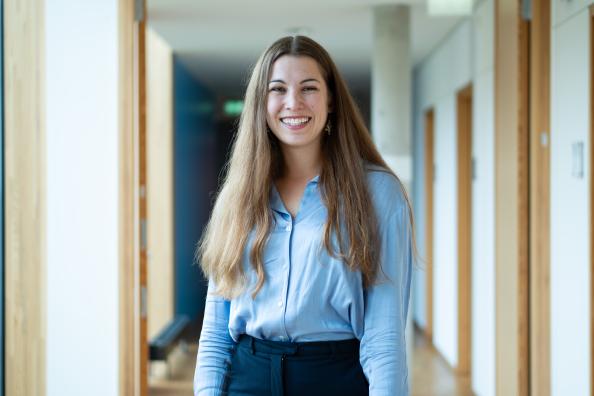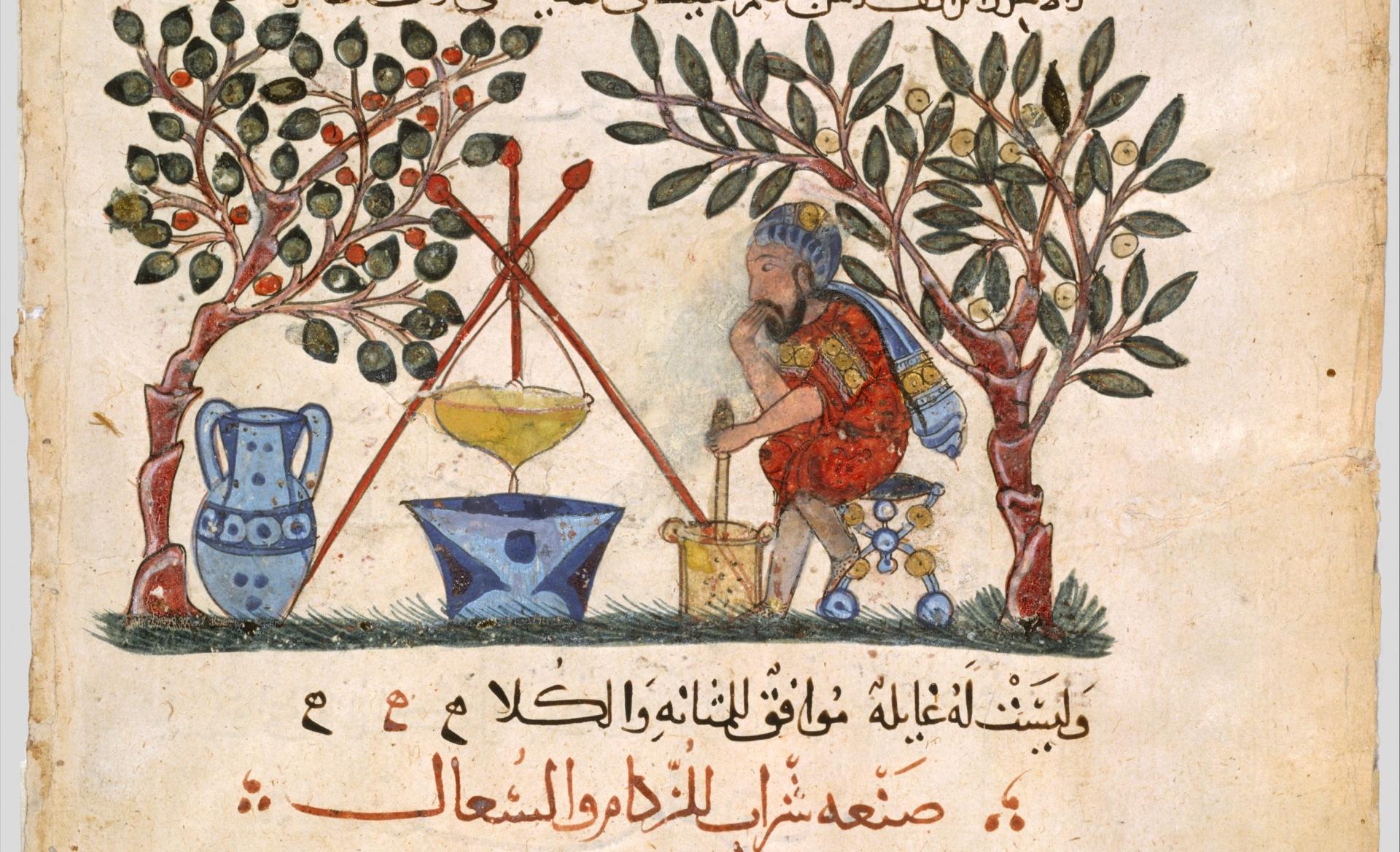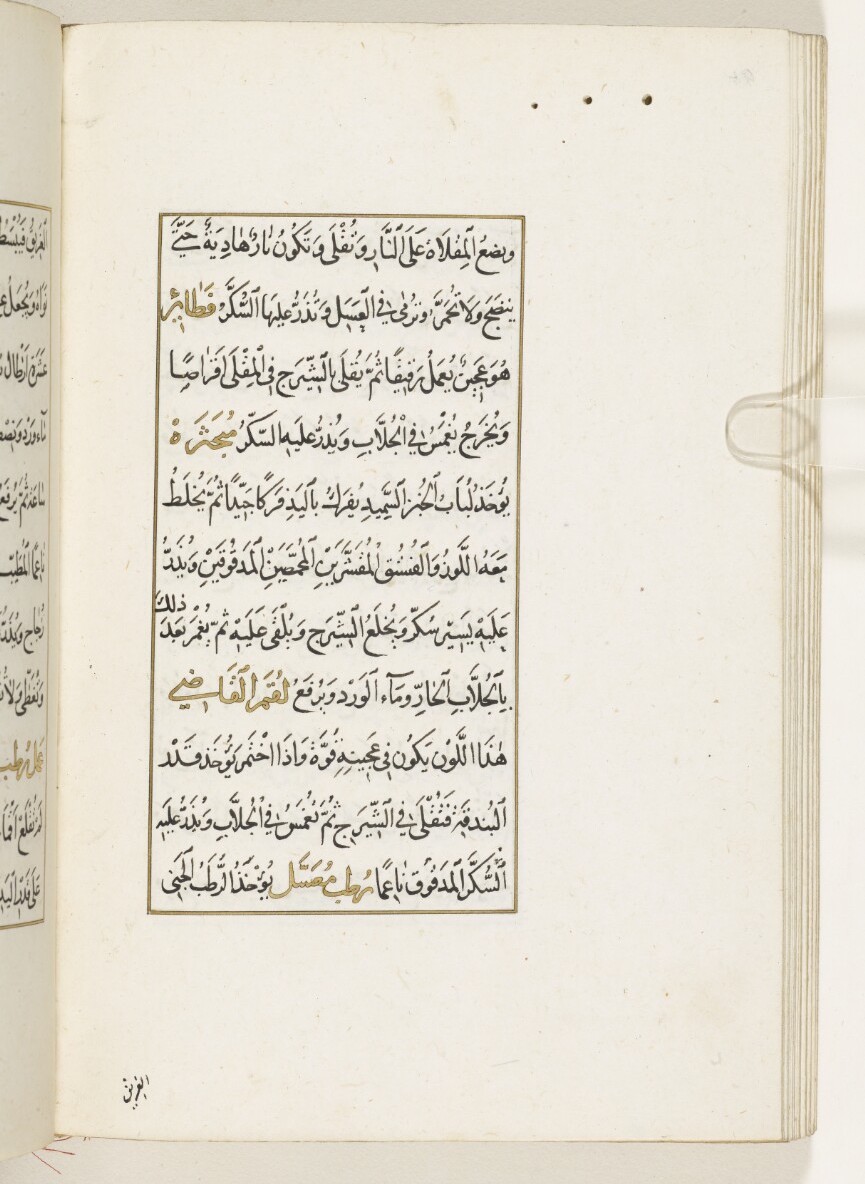
Image 1: "Physician Preparing an Elixir", illustration accompanied by a recipe for treating colds and coughs from Dioscorides' Materia Medica, dated 621 AH/1224 CE (© Metropolitan Museum of Art, Accession No. 13.152.6).
Image 2: A 12th/13th century egyptian mortar that was likely used for grinding spices and herbs for food, medicine, and/or perfumes (© Museum für Islamische Kunst, I. 1486 a).
Image 3: Recipes for sweet dishes including qatayef and lokum, on a folio of Kitāb al-Ṭabīkh by al-Kātib al-Baghdādī (© British Library: Oriental Manuscripts, Or 5099, f. 94v).
Tracing an Epistemic Genre: Premodern Arabic Recipe Collections as Resources of Knowledge
How was theoretical knowledge of practical activities such as medicine and pharmacy, cookery, cosmetics, and ink-making transmitted through premodern Arabic recipe collections?
Leonie Böttiger’s dissertation project examines a corpus of Arabic recipes from a variety of disciplinary contexts, periods, and regions, treating them as witnesses to epistemic systems and networks. She seeks to understand how recipes and the knowledge contained in them moved across the premodern (ca. 800–1600 CE) Arabic-speaking world and how such knowledge ended up being consolidated or discarded.
The project analyzes the structural, epistemic, and literary features of a range of recipe collections. It pays special attention to strategies of certifying knowledge by attaching labels or the names of known authorities to recipes. Building on theories of authorship and compilation, the project compares parallel redactions of individual recipes found in multiple texts in order to trace interactions between networks of people and knowledge.
Leonie received her BA and MA from the University of Tübingen, where she was a research associate from 2022–2023. She will be conducting her PhD project in affiliation with the Berlin Graduate School Muslim Cultures and Societies.
Publications & Presentations
Articles:
Rau, Leonie (2023). “Even Better Than the Real Thing. Faking Foodstuffs in 13th-Century Syria.” AHA Perspectives on History Daily. https://www.historians.org/research-and-publications/perspectives-on-history/summer-2023/even-better-than-the-real-thing-faking-foodstuffs-in-13th-century-syria.
Rau, Leonie (2023). “What Culinary History Can Teach Us: Tracing Dishes Through the Library of Arabic Literature.” Library of Arabic Literature Blog. https://www.libraryofarabicliterature.org/2023/culinary-history-arabic-literature.
Rau, Leonie (2022). “Recipes for Feasting. Medieval Arab Wedding Banquets.” ArabLit Quarterly 5, no. 3: 94–101.
Rau, Leonie (2022). “A Snake Oil from Tenth Century al-Andalus,” The Recipe Project. https://recipes.hypotheses.org/18336.
Reviews:
Rau, Leonie (2022). “Faiq, Said (Hg.): Arabic Translation across Discourses.” Orientalistische Literaturzeitung 117:4–5, 399–402. doi.org/10.1515/olzg-2022-0120.
Rau, Leonie (2022). “Ghosn, Katia / Tadié, Benoît (Hg.): Le récit criminel arabe/Arabic Crime Fiction,” Orientalistische Literaturzeitung 117:1, 68–70. doi.org/10.1515/olzg-2022-0023.
Presentations:
July 2023: “Compiling Pharmaceutical Knowledge in 10th-Century al-Andalus: The Dispensatory of Saʿīd b. ʿAbd Rabbih,” conference paper, European Association of Biblical Studies Conference, Siracusa.
March 2023: “‘And Let Her Use It’: Women Patients in the Gynaecological Recipes of Ibn al-Jazzār’s Medical Compendium Zād al-musāfir,” conference paper, Forming Words, Forming Things: Changeable Forms across the Mediterranean, 500–950, University of Cambridge.
September 2022: “Chickpeas, Eggs, and Goat’s Hooves: Aphrodisiac Recipes from 14th-Century Cairo,” paper for the workshop Reading Early Modern Recipes in a Digital Age, Queen Mary University of London.


